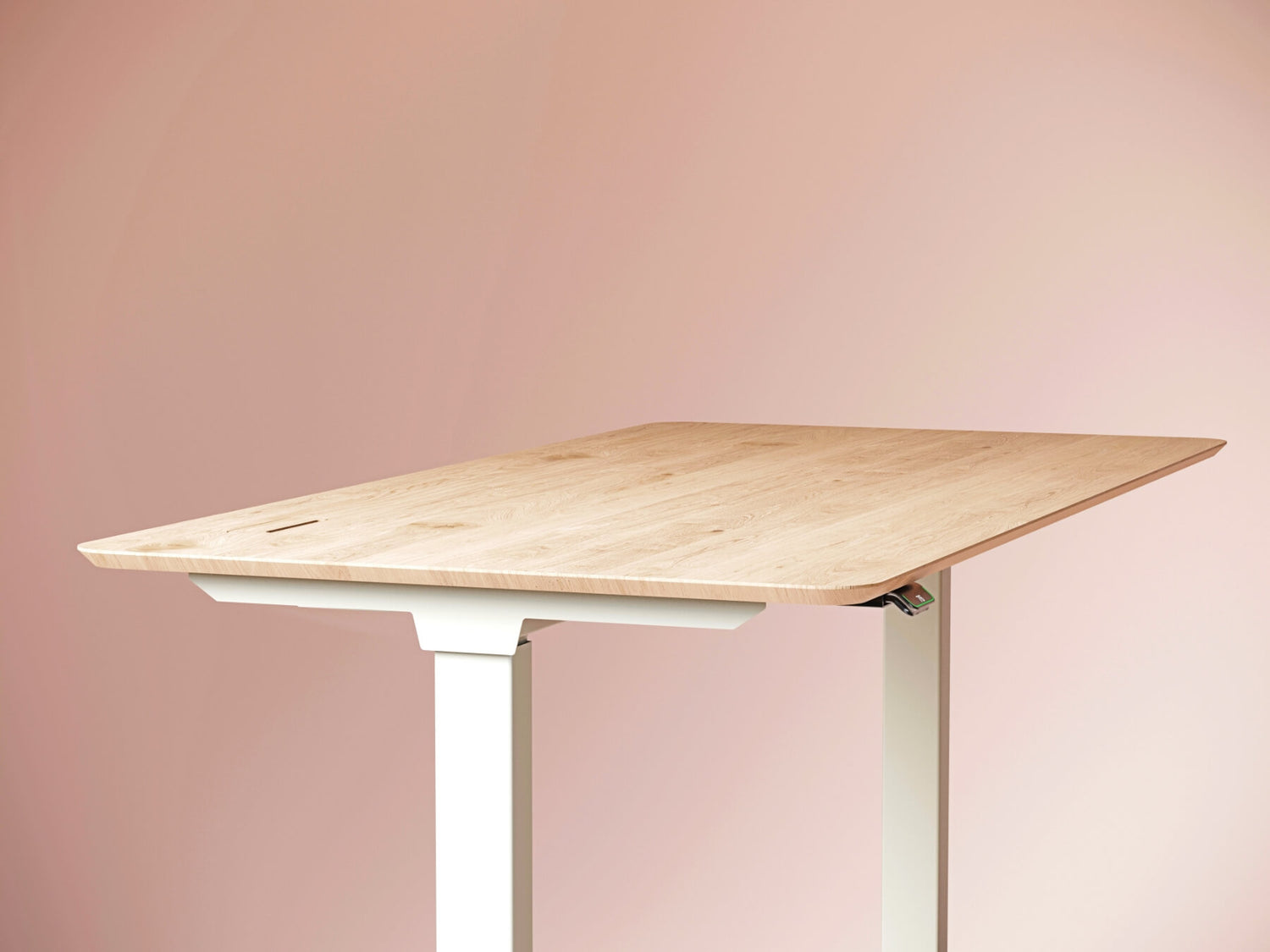"Burning in the small of your back", pain when bending, numb legs... Do you feel like your back has had enough? Learn 7 ways to relieve lumbar spine pain.
What you will learn:
- How to recognize lumbar spine pain
- How to relieve lumbar spine pain – 7 methods
Symptoms of lumbar spine pain
It seems that the name itself tells us when we have a problem, but in practice this is not always the case.
Lumbar spine pain is a typical symptom suggesting that there is something wrong with the back. However, before it appears and starts to bother you, there are several other symptoms that may indicate a problem.
Here they are:
- Tingling and numbness of the body
- Strong tension of the paraspinal muscles
- Less efficiency of leg muscles
- Paresis of some muscles
- Pain in the feet
The appearance of one symptom is most often downplayed under the pretext of "I'll sort it out in a moment"... However, from a medical point of view, it is a big risk.
Although the best solution is to see a doctor, below you will find some ways to get immediate help.
7 methods to relieve lumbar spine pain
Method 1 – Regular physical activity
This is the most effective form of prevention. Movement improves metabolism, activates deep muscles, relaxes stiff muscle structures and stimulates connective tissue (joints).
Regular activity tailored to individual capabilities is a brilliant way to protect yourself against pain.
Method 2 – Heat
Once the pain has occurred, there is no point in waiting. We have to act. One method is to heat the sore spot. The heat allows the muscles to relax, and their stiffness is the most common cause of pain.
Heat can come from:
- A hot water bottle placed between the back and the back of the chair
- Warming patches
- Bath
- Compresses
Method 3 – Loosening exercise
Tension in the lumbar muscles can be removed with a simple exercise.
- Lie down on the ground.
- Place the drumsticks on a stool, sofa or let them hang in the air at a 90-degree angle.
- Try to press your lumbar spine to the ground.
- If you feel you can, move your bent legs to the left and right without removing your shoulder blades from the ground.
- Don't push yourself. The movement should be smooth.
Method 4 – Walk and stretch
If you work at a desk for 8 hours a day, take breaks to walk and stretch. You can do a lot during a 5-minute break.
Here are some stretching exercises:
- Walk for 2 minutes.
- Stand in one place and, without taking your feet off the ground, turn left and right with just your torso.
- Stand steady and bring your knees together. Straighten up and raise your arms up, stretching your figure as much as possible. Lower your arms and do this movement a few more times.
- Stand on straight legs and lean forward, trying to touch the ground with your hands.
- Stand with your legs slightly apart, lean forward, lower your arms freely and make a "cradle" movement with your torso from left to right leg.
Method 5 – Massage
Although simple muscle stiffness is not bothersome, it is combined with degeneration of the intervertebral spaces. In such a situation, massage can help. This issue is best left to physiotherapists who know exactly how to solve such a problem.
Method 6 – Occupational hygiene
Of course, you can save yourself with pills and massages, but nothing will work better than prevention. Constant sitting almost guarantees spine problems. Therefore, it is much more beneficial to work in a sitting-standing position, changing it every hour.
A functional electric desk is perfect for this type of work.
Method 7 – A good chair
One of the main causes of spine problems is incorrect sitting position. This is not surprising, because when sitting for several hours it is easy to forget about maintaining proper posture.
Therefore, to protect the spine against degeneration, it is worth purchasing an ergonomic chair that supports the lumbar spine, minimizing numbness and, consequently, pain.
Summary
Lower back pain is a troublesome problem. However, stuffing yourself with painkillers is not the solution. Proper occupational hygiene and exercise are the best medicine.


